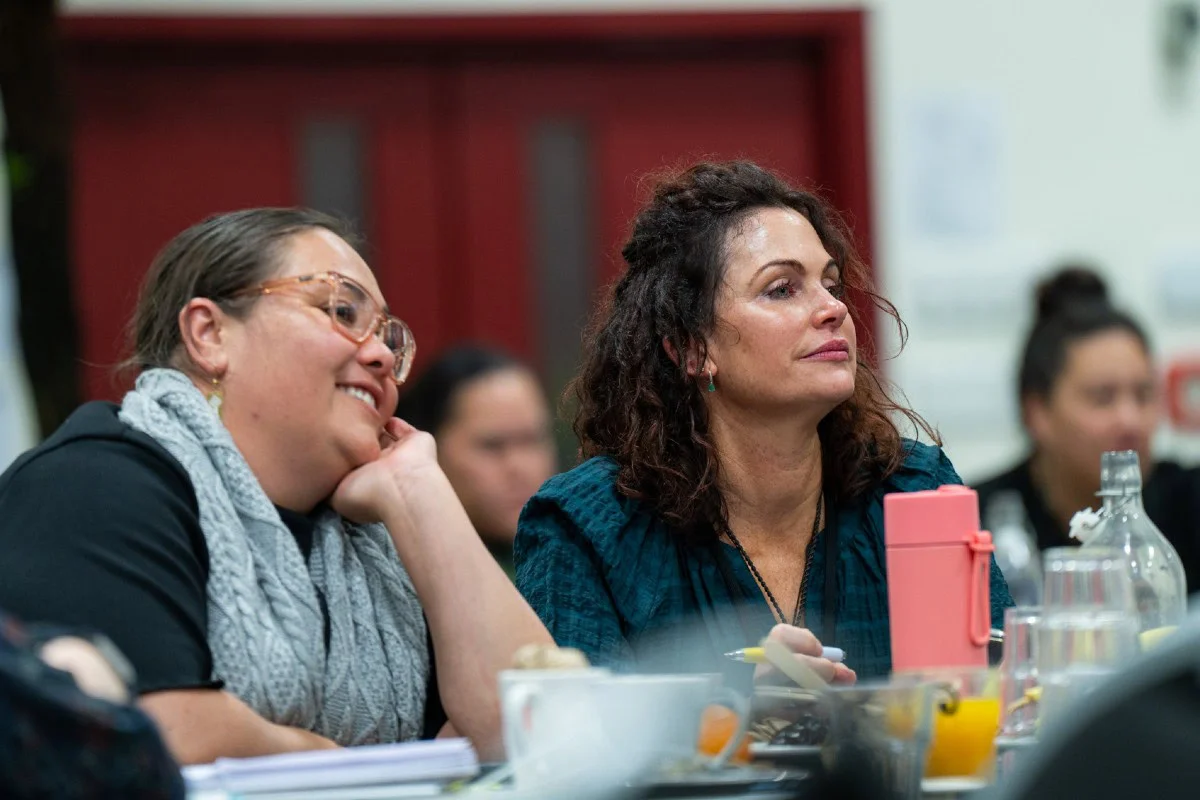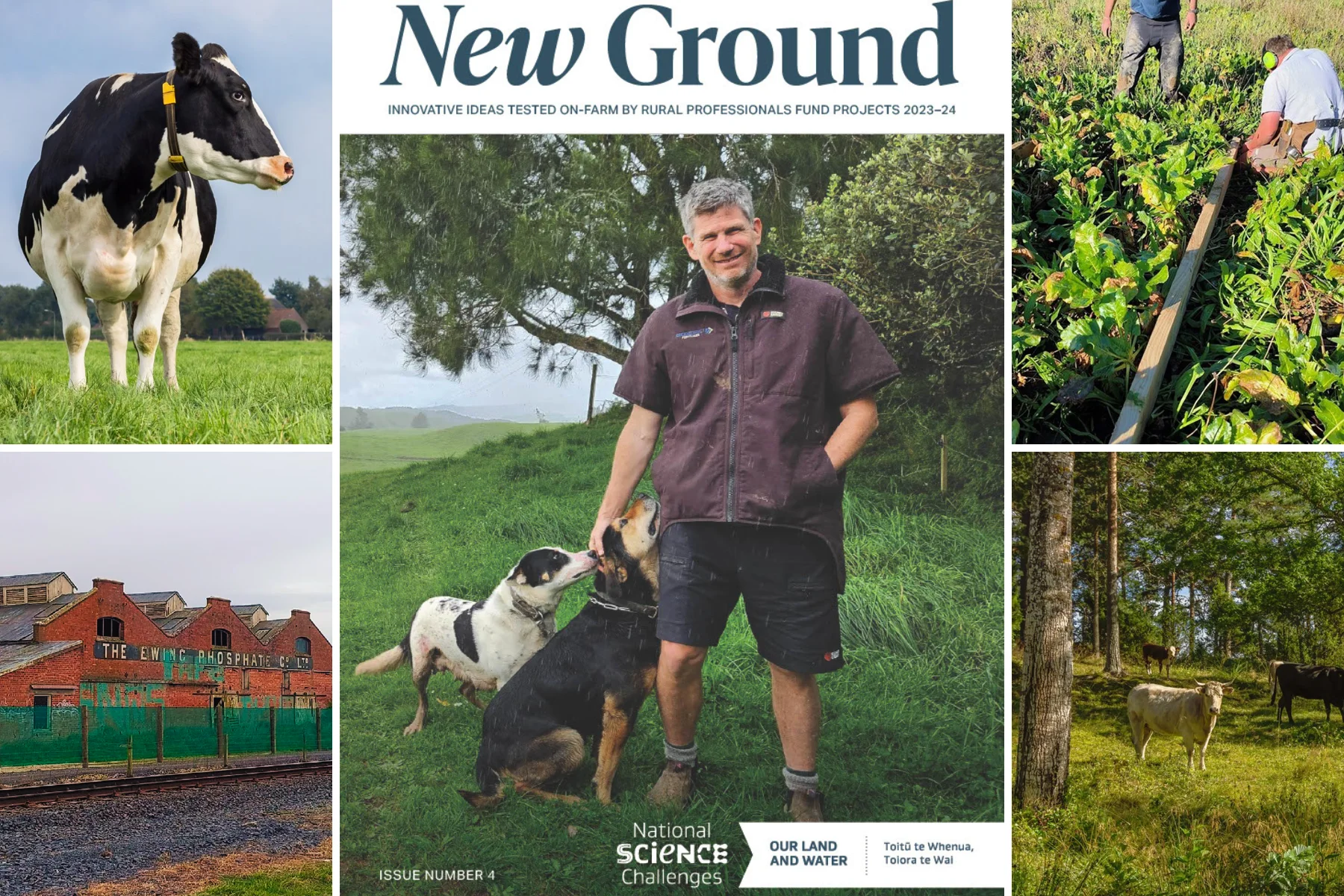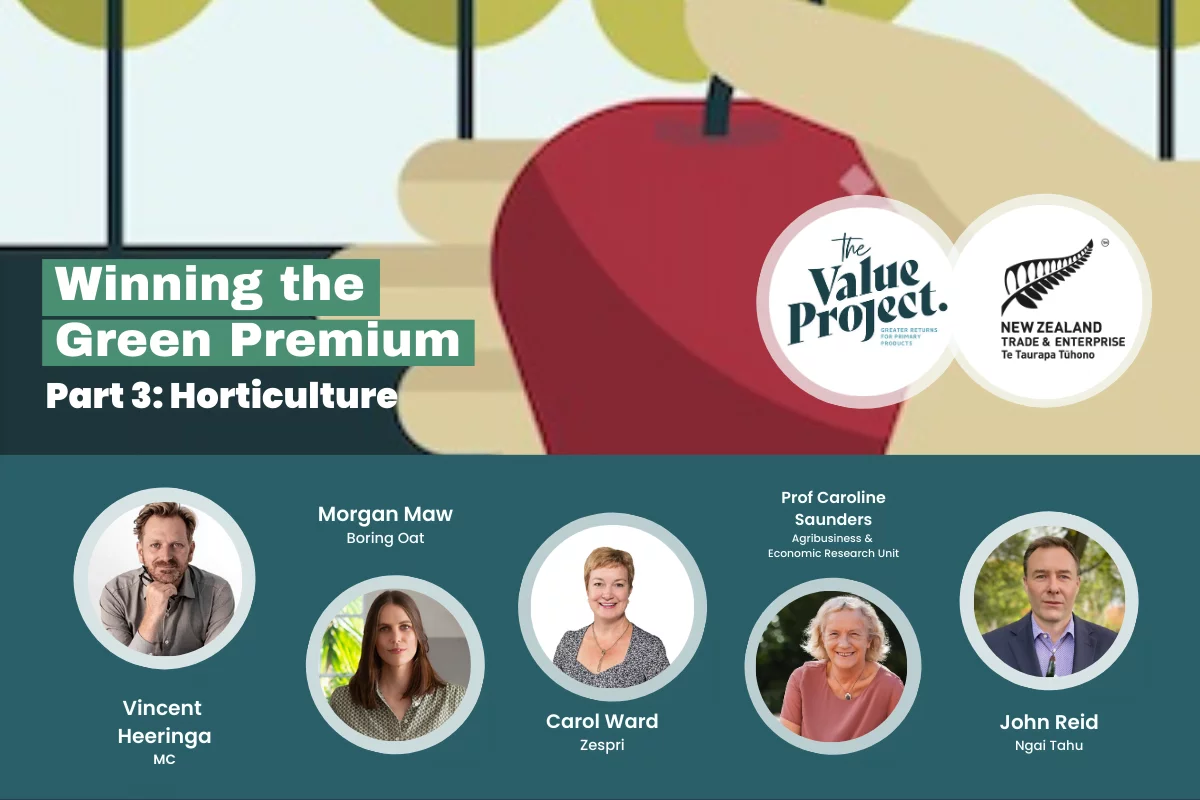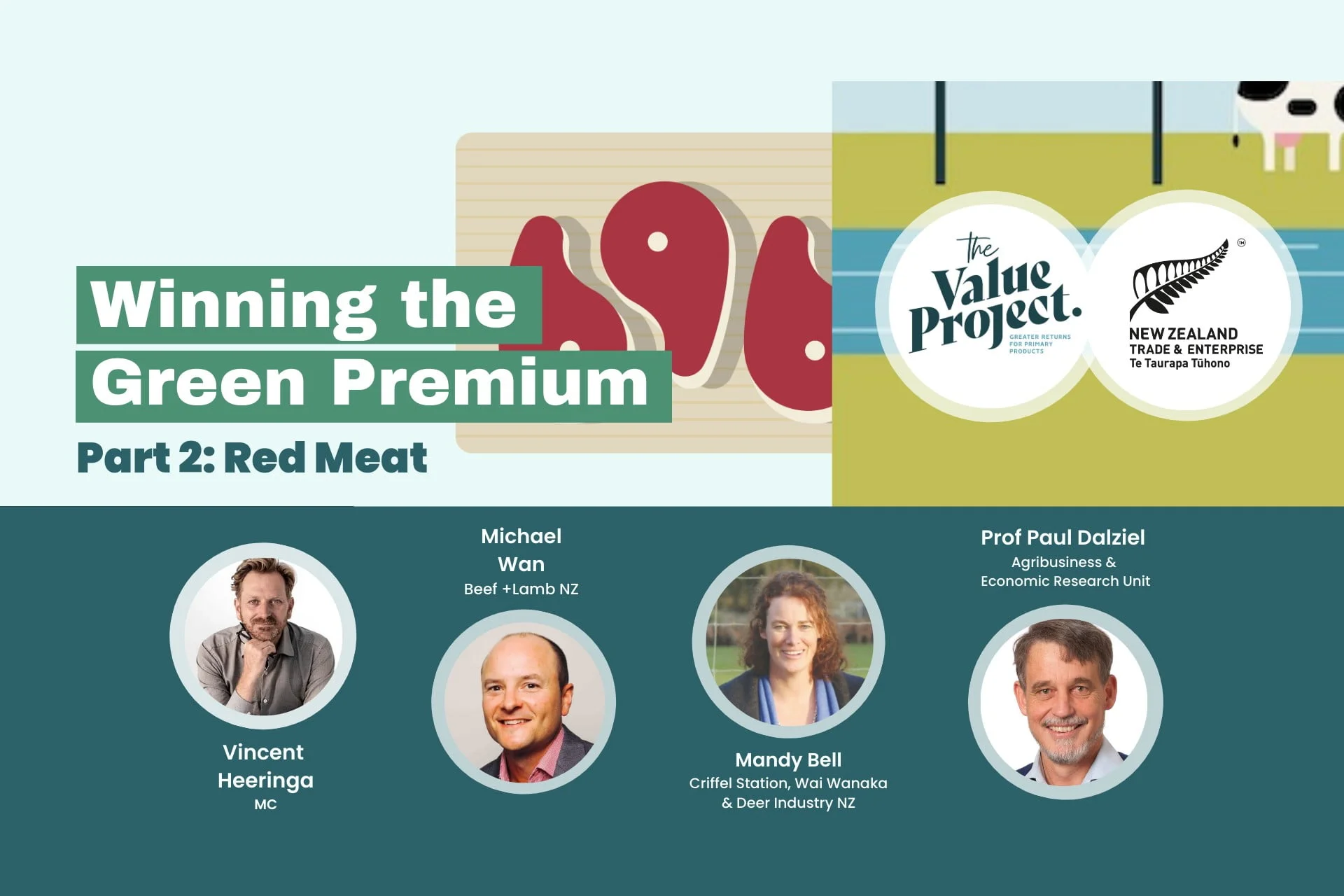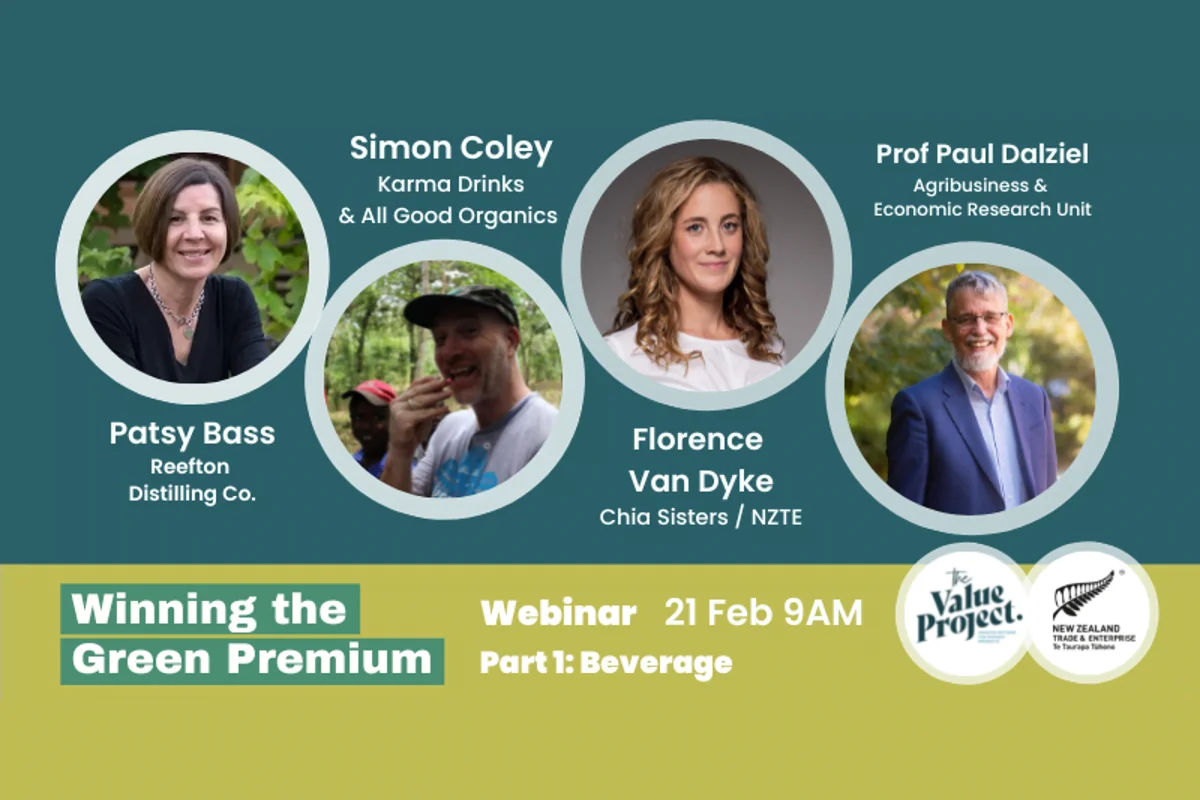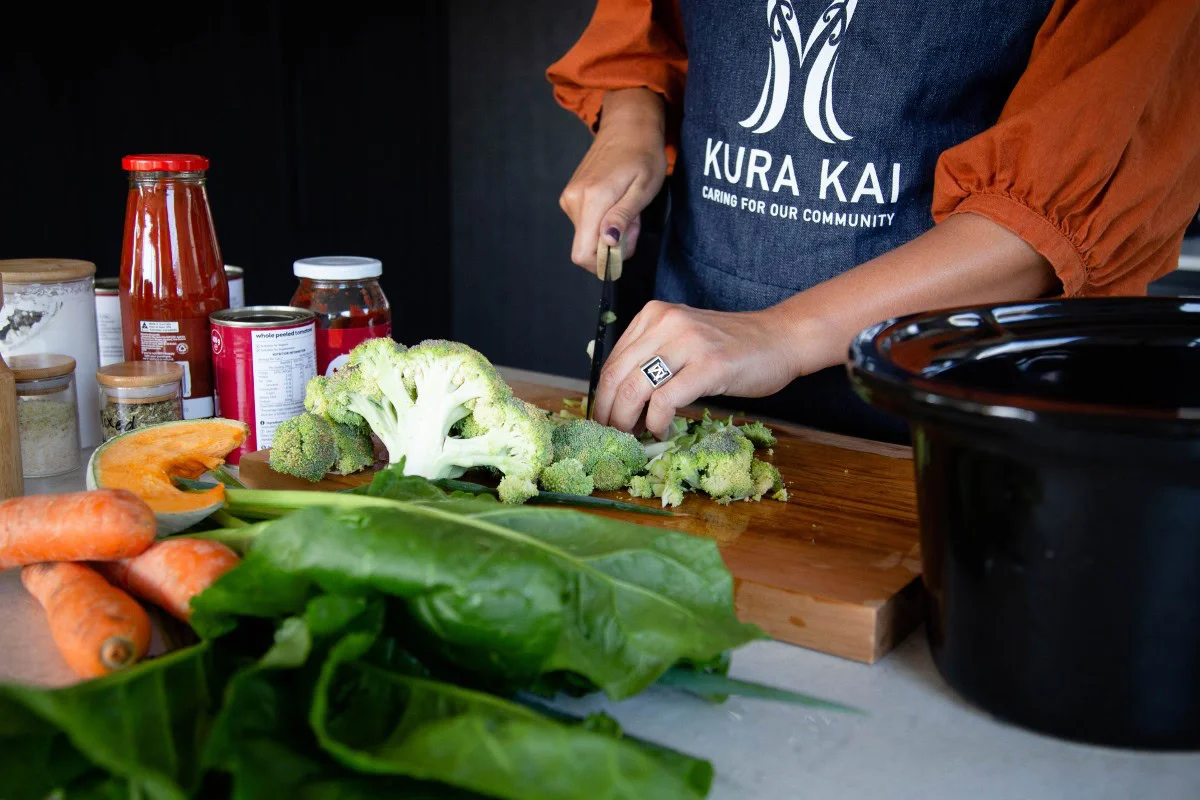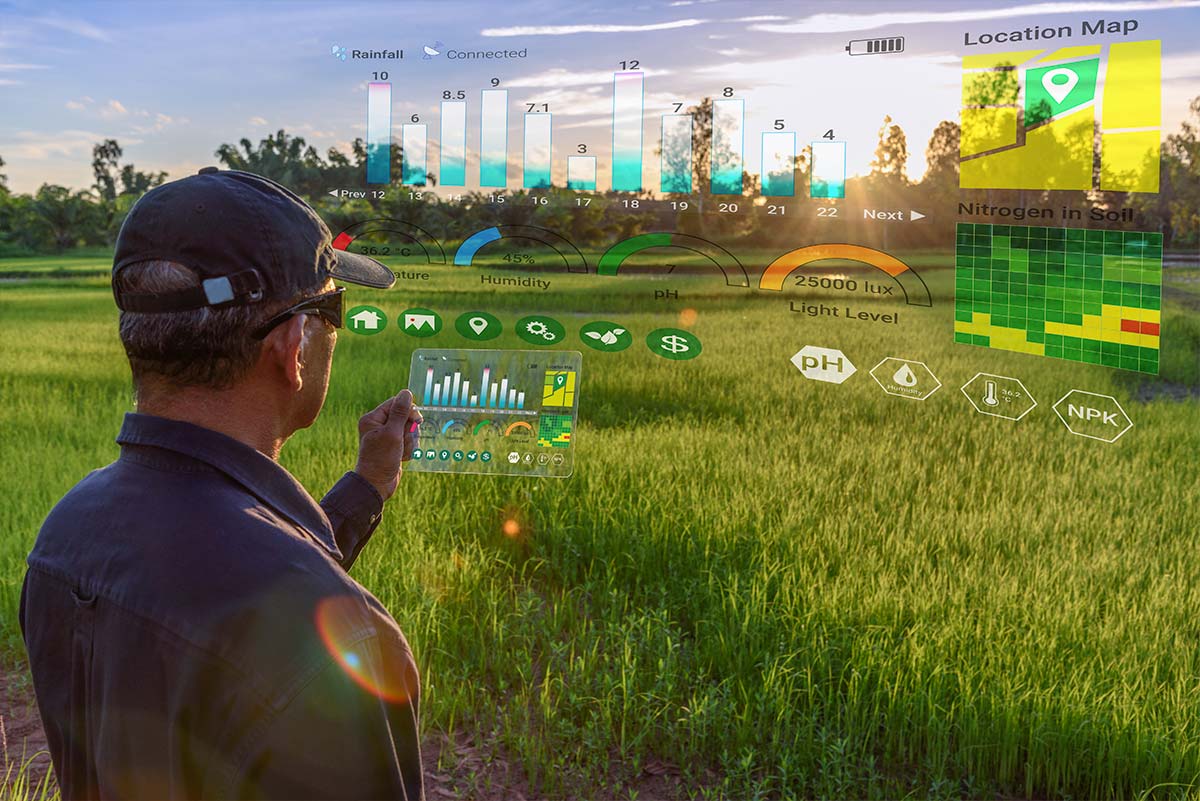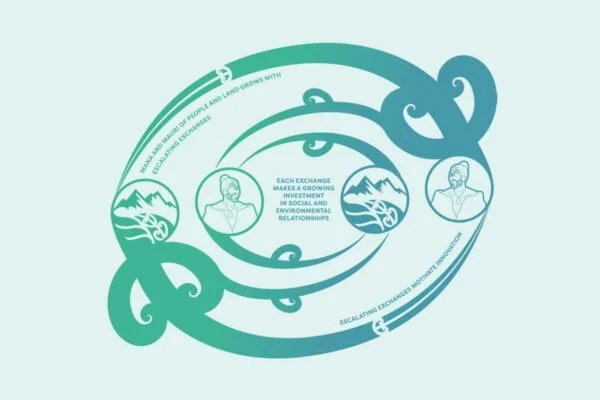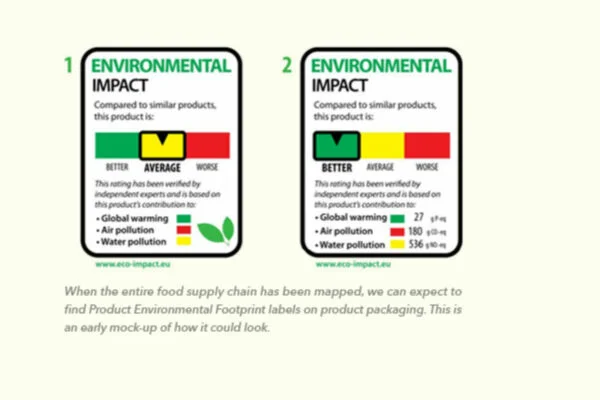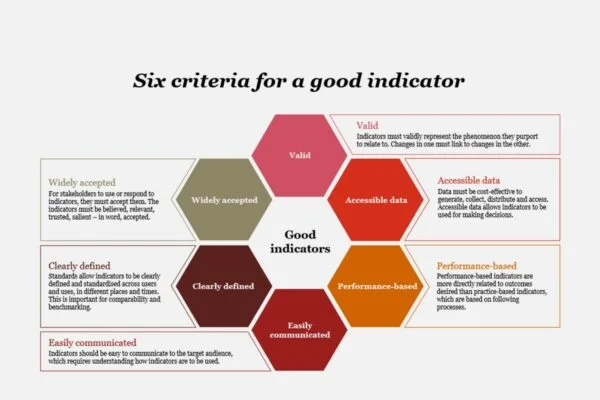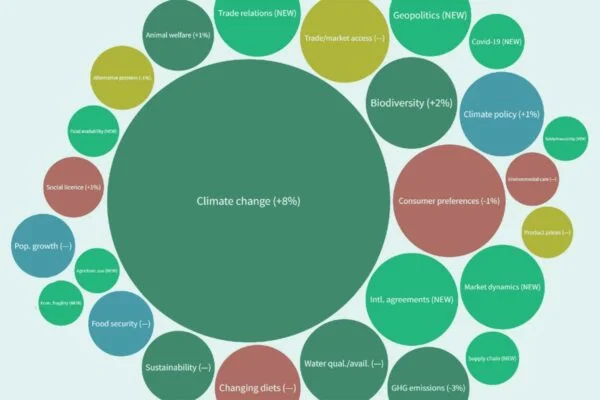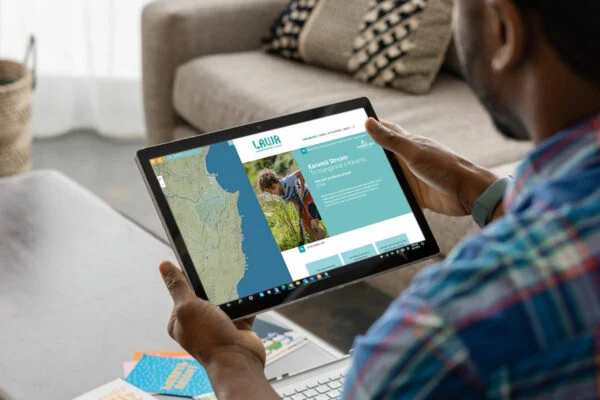Integrating Value Chains
Providing knowledge on how to construct global value chains that share increased value with New Zealand farmers and growers, and meet environmental expectations of consumers and citizens
Project Details Ngā taipitopito
Collaborators Ngā haumi
AgFirst | ANZCO Foods | AsureQuality | Beef + Lamb NZ | Export NZ | Fonterra | Foundation for Arable Research | GNS Science | Horticulture NZ | Lincoln University | Massey University | MBIE | MFAT | MPI | NZTE | PwC New Zealand | RMIT University | Scion | Taupō Beef and Lamb | Te Hono | The AgriBusiness Group | Thought Strategy | University Of Auckland | University Of Canterbury | Wageningen University | Wakatū Incorporation | Zespri
What are we doing?E aha ana mātou?
The customer decides the final value of New Zealand’s agricultural exports. To increase this value, the ‘value chain’ of businesses, from producer to retailer, can collaborate to align their strategies and processes with what customers value most highly, and make clear this ‘story’ of production.
Integrating Value Chains tested whether New Zealand’s world-renowned reputation for food and fibre would allow our producers and processors to capture higher returns for agri-food exports. This research delivered new knowledge about how international consumers value New Zealand food exports, especially from Māori enterprises. It also looked into new technologies for authenticating food trust.
Five case studies of successful New Zealand value chains were researched, so learning from their success can be used by other businesses.
Our goal is for New Zealand to produce high-value products across all sectors, and share more of this value from consumers to producers in a way that rewards good environmental, social and cultural practices.
How can the research be used? Ka pēhea e whai take ai te rangahau?
- The major output of this research was a report synthesising the learnings from the 5 case studies. This includes a framework of key elements of a global agri-food value chain that creates, captures and shares value. This can be used by enterprises wanting to create value from the sustainability and other attributes of New Zealand agri-food exports.
- Beef + Lamb NZ commissioned tailored research, using the methodology developed in this programme, to help develop its New Zealand ‘red meat story’ for international markets, Taste Pure Nature. That initiative was supported by an increase in Beef and Lamb levies of $4.1 million. The potential in the US market is extra revenue (20% premium) of $238 million in export returns. Our research supports Beef+Lamb NZ’s environment strategy to ensure the claims from this $7 billion industry are met.
- Incentives for Change researchers were engaged by the Primary Sector Council (set up to advise the Minister of Agriculture) to produce a situational analysis of the New Zealand food and fibre sector. Their report drew heavily on the Integrated Value Chains research programme. This report is being used to develop a strategy for the New Zealand Government.
- Government initiatives Trade For All, Just Transitions and AsureQuality have used work from this programme.
- Industry bodies and companies have engaged with Integrated Value Chains researchers to increase value from export market, including Wakatū Incorporation , Ngāi Tahu Pounamu, Zespri, Taupō Beef and Lamb, Fonterra and ANZCO.
- Research from this programme has been shared with participants in Te Hono, the association for influential primary sector leaders.
- The AERU has created a dedicated website, www.sustainablewellbeing.nz, where anyone can download the 7 research reports generated in the first phase of research, including 4 reports on choice experiments in 4 different export markets (kiwifruit and yoghurt in Shanghai, and beef and wine in California).
- The AERU has also created the AERU Data Portal, a free, interactive platform to access results from the AERU international consumer surveys.
Related research updates Ngā pānui mō te rangahau nei
Participation & engagement Te hunga i whai wāhi mai
- The programme is being supervised by an Advisory Board of representatives from major end-users of the research. The research team meets regularly with industry end-users.
- A meeting with key Beef + Lamb NZ designers of the New Zealand Red Meat Story took place at Lincoln University in August 2017. Over 1000 farmers voted to increase their levy to progress Beef + Lamb NZ’s work to develop what later became the Taste Pure Nature campaign.
- Professor Caroline Saunders was appointed President of the Agricultural Economics Society in the UK. Her Presidential address to an international audience at the Agricultural Economics Society annual conference in 2019 drew directly on this programme’s science.
- A PhD researcher associated with the programme, Tiffany McIntyre, was selected to be a member of a New Zealand team in the students’ case study competition of the International Food and Agribusiness Management Association. Her team was placed second against strong competition.
- The AERU had a stand at the Export New Zealand Go Global Expos in Auckland in 2017, 2018 and 2019, each attended by about 300 people.
- Researchers in this programme are also connected to the High Value Nutrition National Science Challenge.
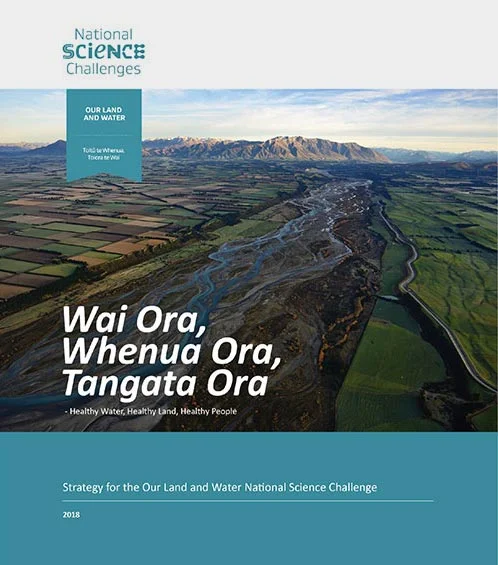 View Our Strategy Document 2019 – 2024
View Our Strategy Document 2019 – 2024

